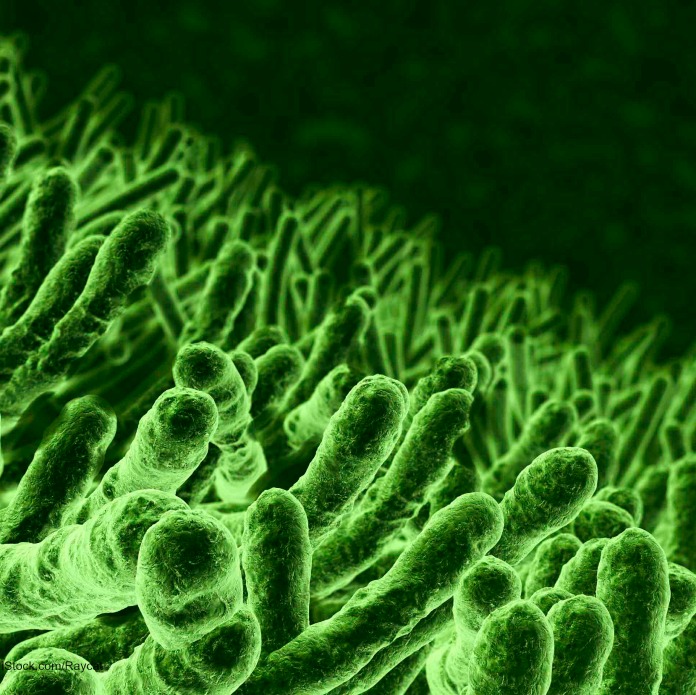According to news reports, officials in New Jersey are “investigating a cluster of E. coli cases” that may be associated with “local Panera Breads,” according to Sarah Perramant, public health epidemiologist in Warren County. This was reported by NJ.com yesterday afternoon.
It’s important to note that the cluster of E. coli illnesses in that state has not been definitively linked to the Panera restaurant chain, and that health officials have not determined that Panera is the source. In fact, the outbreak may extend beyond one single restaurant chain. The investigation is continuing, with investigators interviewing witnesses, conducting traceback investigations, and using other methods of outbreak epidemiology.

The six people who are sick live in Hunterdon, Middlesex, Somersest, and Warren counties in New Jersey. The illnesses may date from the third week of March. We still don’t know if anyone has been hospitalized, or the ages of the patients.

Attorney Fred Pritzker, who has represented clients sickened with E. coli infections, said, “No one should get sick just because they ate a meal at a restaurant. E. coli infections can be painful, costly, and serious.” Call 1-888-377-8900.
Uncovering the source of a food poisoning outbreak can be very difficult. People don’t always remember the foods they ate in the last week, and it can take up to 7 days for an E. coli infection to manifest. Often food that was contaminated with pathogenic bacteria is thrown away before health officials can get a sample to test. In addition, people eat out a lot, they could eat food at an office or social event, or even get sick from food purchased from a supermarket.
The symptoms of an E. coli infection include nausea, severe and painful abdominal and stomach cramps, and diarrhea that is usually watery or bloody. Symptoms start a few days to a week after a person ingests the bacteria. Most people do recover after this infection, but there can be lifelong health consequences, including kidney disease.
The worst type of E. coli, which produces Shiga toxins that attack blood cells, can lead to a complication called hemolytic uremic syndrome, or HUS. This is a type of kidney failure, and can lead to coma, strokes, and death. Young children are usually the most common victims of this complication. The symptoms of HUS include lethargy, pale skin, easy bruising, a skin rash, and, most important, little or no urine output.
If you or a family member live in New Jersey and have been experiencing these symptoms, it’s important to get to a doctor as soon as possible. Your illness will be reported to government officials, because E. coli infections are reportable illnesses.




